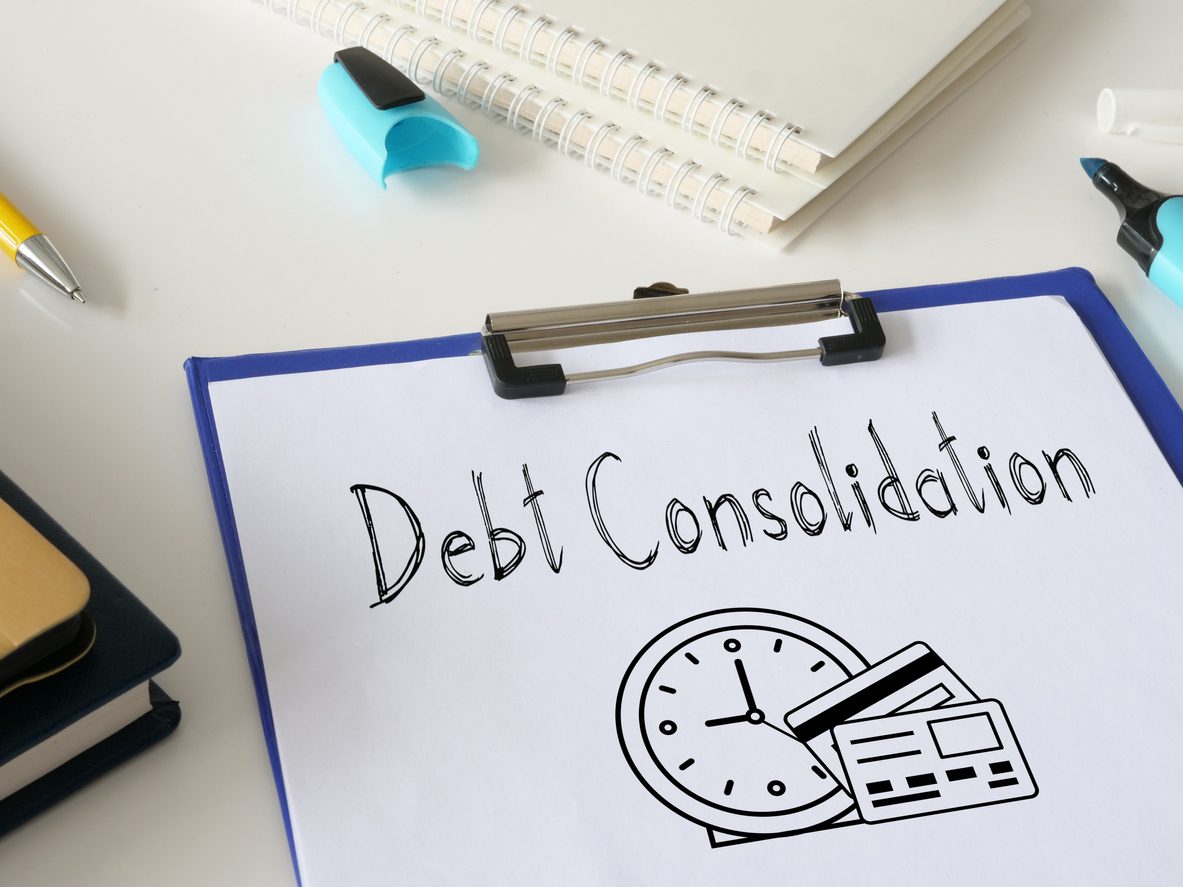
If you find yourself drowning in debt, there are several options available to help you consolidate and manage your financial obligations. Debt consolidation involves paying off multiple debts with a new loan or credit card. Depending on your circumstances and preferences, different methods may be more suitable for you than others.
Personal loan for debt consolidation
Pros:
- Fixed APR and monthly payments
- Potentially lower APR than your current debt
- Provides an opportunity for borrowers with fair credit
Cons:
- APRs can be high for borrowers with bad credit
- Subject to fees like loan origination fee and prepayment penalty
- Bad credit borrowers may not qualify at all
Balance transfer credit card with 0% APR
Pros:
- Introductory 0% APR periods can last up to 20 months
- Potentially lower APR than your current credit cards
- Offers reserved for borrowers with strong credit
Cons:
- Variable APR after the introductory period
- Only applicable for consolidating credit card debt
- May incur a balance transfer fee of 3% to 5%
Home equity loan
Pros:
- Fixed APR and monthly payments
- Typically lower interest rates compared to unsecured debt
- Allows consolidation of a large amount at once
Cons:
- Only available to homeowners
- Risk of foreclosure if payments are not made
- Possibility of exceeding the home’s value and going “underwater”
- Subject to closing costs
401(k) loan
Pros:
- No credit check required
- Borrow from and pay interest to yourself
- Generally no taxes or penalties involved
Cons:
- Some servicers do not allow 401(k) loans
- Missed investment gains on the borrowed money
- Defaulting on the loan may result in income tax and penalties
- Repayment may be required in full if employment is lost
Debt management plan
Pros:
- Low or no cost
- Credit counselor may negotiate lower fees and interest rates
- Consolidates various debt types into a single monthly payment
- Encourages healthy financial habits
Cons:
- Limited to unsecured debts only
- Credit card usage may need to be stopped or cards closed
- Takes up to five years to complete, during which no additional credit can be obtained
If you’re considering debt consolidation, carefully assess your financial situation and consult with a financial advisor to determine the best option for you. Remember to consider factors such as interest rates, fees, and your ability to meet the repayment terms.
FAQs
Q: What is debt consolidation?
A: Debt consolidation involves paying off multiple debts with a single loan or credit card to simplify payments and potentially lower interest rates.
Q: Can debt consolidation improve my credit score?
A: Debt consolidation itself may not directly improve your credit score, but it can make it easier to manage your debt and make timely payments, which can have a positive impact on your credit over time.
Q: What types of debts can be consolidated?
A: Various types of debt can be consolidated, including credit card debt, personal loans, medical bills, and more. However, some consolidation methods may have restrictions on the types of debt they can be used for.
Conclusion
Debt consolidation can provide relief for individuals struggling with multiple debts. By streamlining payments and potentially reducing interest rates, consolidation methods like personal loans, balance transfer credit cards, home equity loans, 401(k) loans, and debt management plans offer viable solutions to help regain financial stability. However, it’s essential to carefully consider the pros and cons of each method and seek professional advice before making a decision. Take charge of your financial future and explore the best debt consolidation option that suits your unique circumstances.